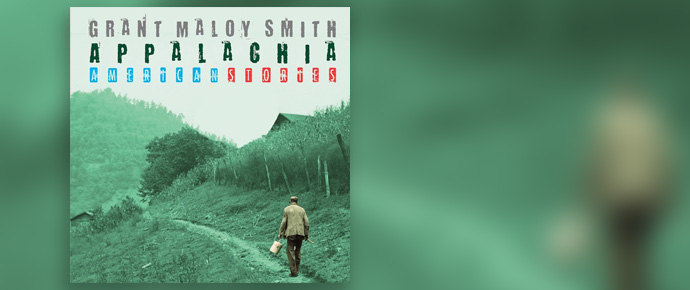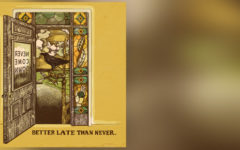
The next installment in his American Stories series, Appalachia finds acclaimed singer and songwriter Grant Maloy Smith digging deep into his family roots, sharing songs that celebrate a place where his forebears first established their homestead some 200 years ago. The music is both celebratory and sobering, and yet it finds common cause through its reverence for the traditions and tapestry of a place that’s known for its essential contribution to America’s deep-rooted folk, country, and bluegrass heritage.
Given that perspective, it’s little wonder that his feelings are continually coming to the fore, whether it’s through the quiet contemplation evidenced in The Coal Comes Up, the affable and joyful expression ringing through Down to Hatchabee Road and Lord, Take Me Home, the shared serenity found in The Red-haired Girl from Hazard, or the giddier sentiments of Gas Station Chicken, the latter being a humorous aside which pays homage to a southern variety of fast food fare.
Smith’s commitment to the culture is also evident, not only in the anecdotal episodes and heart-felt homilies, but also via the astute arrangements and honest sentiment so evident in each of the album’s entries. The tender ballads “Sometimes You’re the Holler,” “Boone’s Five and Dime,” and “In This Twilight” are conveyed with the same reverence and reflection given the spiritual solace delivered through songs such as “Lord Take Me Home,” “We Got Mountains” and “I Found Faith.”
Given the intimacy that pervades the effort overall, it’s all the more remarkable to consider that the album was recorded remotely due to the COVID crisis. On the other hand, given the list of prime contributors — Rob Ickes on dobro, guitarist Trey Hensley, accordionist Jeff Taylor, fiddler Matt Combs, harpist Jelly Roll Johnson, and Mike Johnson on steel guitar — it’s little wonder that the arrangements shine with such craft and consistency. On a song that’s as celebratory as Must’ve Been the Moonlight, it literally sounds like the players are all gathered in the same room, bouncing ideas off each another and sharing fully in the congenial connection that’s so evident there and elsewhere.
It’s also no surprise that Appalachia American Stories comes across with such absolute authenticity. One couldn’t convey these sentiments this convincingly unless there was true connection to the source. Credit Smith for evoking these musical memories with heart-felt purpose and passion.







